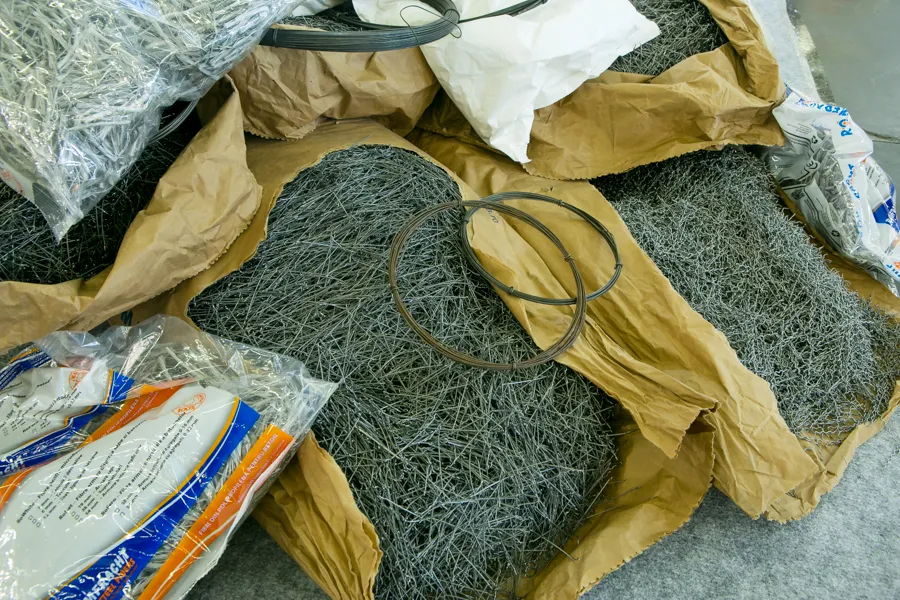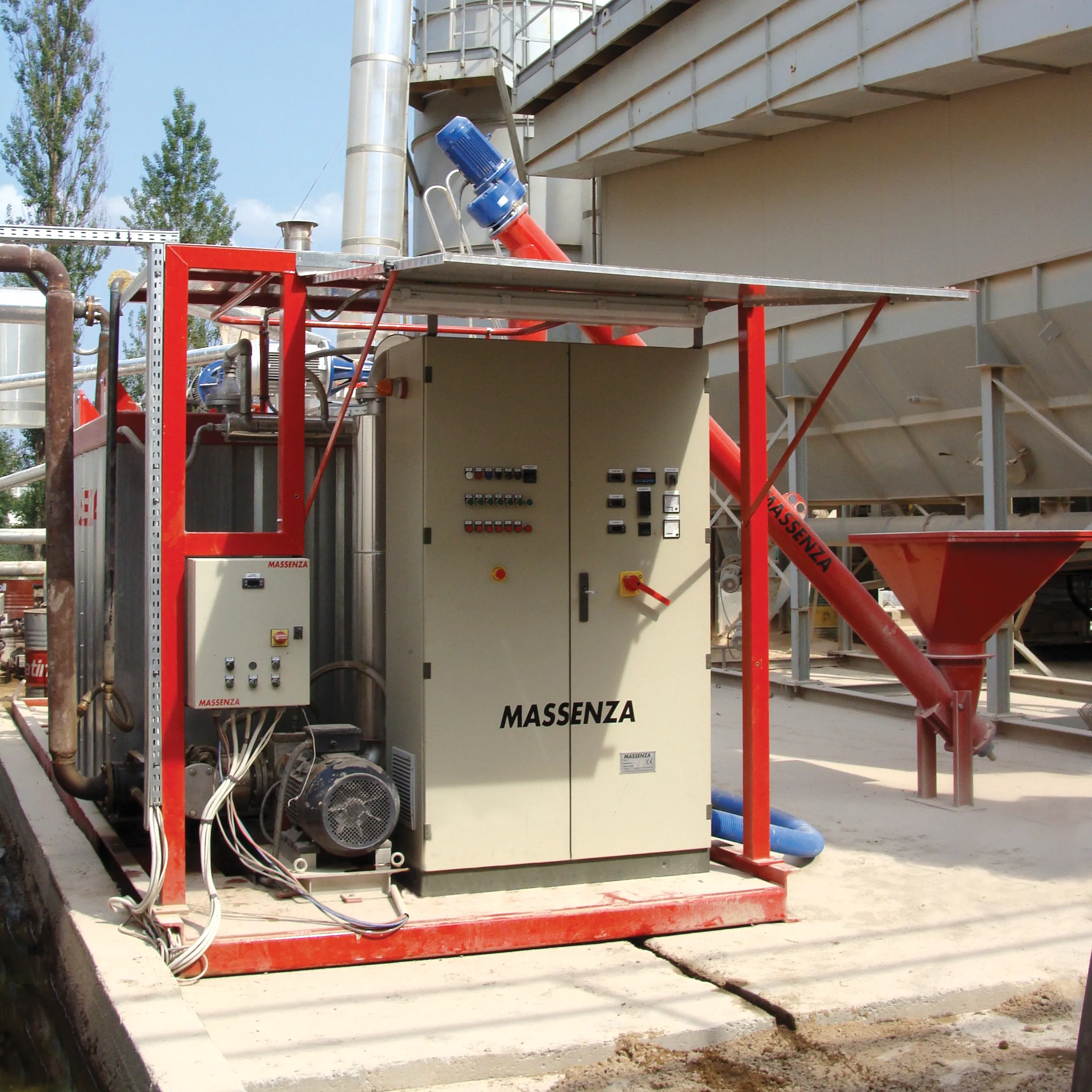
“Most of the research into FRC is about the formulation or the application of the material,” Kathy Bru, a process engineer at research organisation
The project is part of a bigger European research programme called HISER (www.hiserproject.eu), led by Spanish company Tecnalia, which aims to find better ways to cope with the 461 million tonnes of construction and demolition waste, excluding excavated material, which is produced every year in the European Union. As well as looking for novel recycling techniques that improve the value of waste materials, some of the 25 partners are looking at how specification can be changed to include more recycled materials in new construction projects.
Electro-fragmentation is a process that applies a high-voltage electrical charge into the material. It creates a shock, somewhat like a lightning strike or a demolition blast, concentrated at the interface between the different materials, which separates them out. The process was developed for mineral processing and is a new way of dealing with waste.
To date, the project has tested a small sample in the laboratories of Lafarge. The results looked promising, with the possibility of reusing both the fibres and the concrete elements. Now researchers are working on FRC that has come from the demolition of an experimental FRC bridge.
The next steps will be to evaluate the cost, in terms of cash and carbon, says Bru: “It’s also very important to consider the economic and environmental impact of new technology to ensure that what we think are good ideas are also good from an economic and environmental perspective.”









